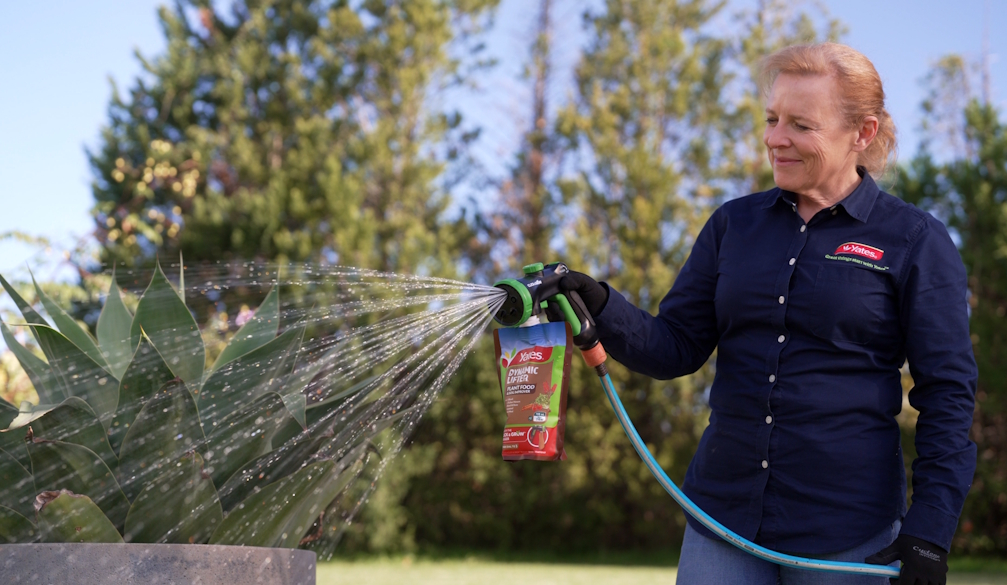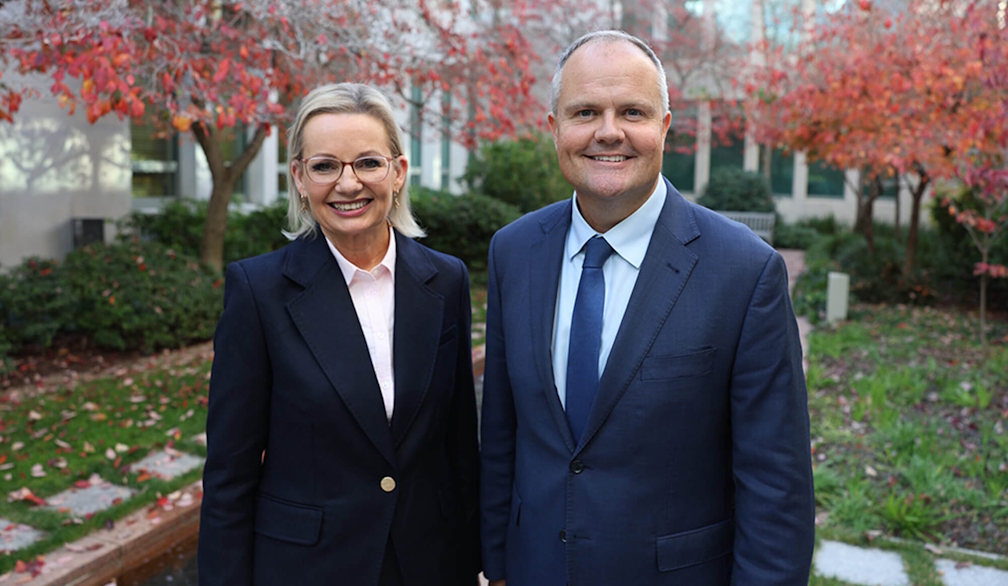Loneliness and men: an emerging health crisis
- Written by Simon von Saldern – Healthy Male CEO

There is a growing health crisis that is affecting men around Australia that most aren’t aware of.
While males are generally getting better at looking after themselves — keeping fit, eating well, cutting down on alcohol and smoking, for example — the issue of loneliness isn’t front of mind for the majority.
But the health effects of loneliness are frightening — its impact can be as damaging as obesity, smoking and some cancers.
That’s why we at Healthy Male — an Australian not-for-profit — have tackled the issue of loneliness this Men’s Health Week.
Recently, Andrew Giles MP, Co-Chair of the Parliamentary Friends of Ending Loneliness, described the issue as “the next global public health emergency we must address.”
And our recent research shows that men appear to be particularly at risk. According to the nationally representative survey of 1,282 Australian men, a whopping 43% report being lonely, and high levels of loneliness are reported by more than 16%.
The picture is even bleaker in some age groups. Almost one in four (24%) men aged 35-49 have a high level of loneliness, with a rate almost twice as high as in younger men (18-34 years). High levels of loneliness are least common for men aged 65 years and older.
Males living alone, especially those raising children, are the loneliest people in our country.
The Household Income and Labour Dynamics in Australia (HILDA) survey, which includes over 17,000 people, shows levels of loneliness are highest among those who live alone or are single parents, people born in non-English speaking countries, unemployed people, persons living in areas of most socioeconomic disadvantage, and those with long-term health conditions.
So, what is loneliness?
In layman’s terms, loneliness tells us our need for connection isn’t being met — just as hunger tells us we need food, loneliness tells us a different fundamental need is not being met.
But definitions of loneliness can vary, and it’s important to be aware of the difference between loneliness and social isolation (a related condition).
We define loneliness as a feeling of sadness or distress (emotional suffering) you get when your relationships with others aren’t meeting your need for personal connection. If you feel lonely, it’s a sign you need to make a meaningful connection with one or more people.
Loneliness is more about the quality of your relationships with others than it is about the number of friends you have.
Social isolation, meanwhile, is when you have minimal contact with others; you can be socially isolated but not feel lonely, and you can feel lonely but not be socially isolated.
The impact of loneliness
The health impact of loneliness can be devastating; it can affect your physical health, like heart disease and stroke, and mental health, like dementia, stress, depression and anxiety, as well as health behaviours, such as eating habits, sleep quality and physical activity levels.
When it comes to the risk of dying early, loneliness can have the same impact as smoking up to 15 cigarettes a day, while it raises the likelihood of early death by 26%, which is greater than the risk for obesity.
As well as the crushing health impact loneliness can have on individuals, it’s also a growing financial concern in Australia. A 2021 report from Curtin University estimated the financial cost of loneliness in the country to be up to $2.7 billion each year.
What can you do about loneliness?
We don’t always know what works to help people who feel lonely because everyone has different social needs, resources, and circumstances.
If you are lonely, the best starting point is to reach out to someone. You can talk to a friend, family member or colleague; even minor day-to-day interactions with strangers can boost your so-called ‘social fitness’.
Or you can reach out for professional help — book in to see a GP or a counsellor, either by phone or in-person.
In terms of practical steps you can implement to try to avoid or overcome the problem, Ending Loneliness Together — a national network of organisations that have come together to address the growing problem of loneliness in people living in Australia — has these suggestions:
-
Acknowledge your need to build better social connections to improve your wellbeing and life satisfaction
-
Shift your focus from yourself to other people, interests, hobbies or activities
-
Avoid comparing yourself to others
-
Accept changes in relationships as natural consequences of life
-
Accept the discomfort you may feel in social situations and understand this may be part and parcel of making and maintaining friendships
-
Engage meaningfully with others by giving them your full attention
-
Don’t avoid small talk. It can lead to meaningful conversations
-
Use people’s names, and introduce yourself using your name, to help feel more connected
-
Spend time offline to foster real-world relationships
-
Make contact and start conversations with others
-
Offer help and support to others to feel the benefits of being kind
-
Join in with social opportunities like volunteering, sports clubs, professional societies or community activities
-
Keep in touch with friends, even if it’s been a long time since last contact.
Resources
If you want to know more about loneliness, head to Healthy Male, where we share information on loneliness, how it can affect your health and wellbeing, and what you can do about it. Visit us at www.healthymale.org.au
There are also many other organisations and community groups available, such as Beyond Blue, MensLine, Men’s Sheds, The Men’s Table and Head to Health. It might also be worth checking out the Ending Loneliness Directory, which is a national database of 1,000+ organisations, groups and services that provide opportunities for connection and support.












